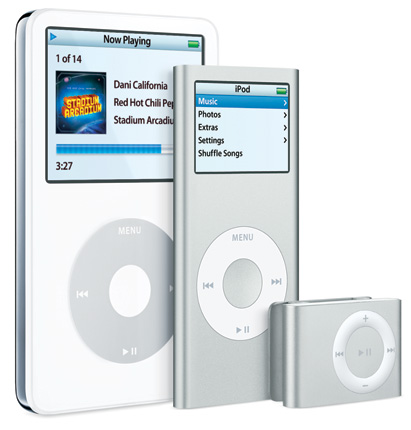
Referred to as a social network and mini-blogging service, Twitter allows its users to send and receive quick posts known as tweets, being no more then 140 characters in length. While I have never been a big fan of Twitter I understand it's appeal and it is without a doubt a great example of our four tool sets.
For starters Twitter "grabs" the Limbic brain with the cute and creative homepage. The colors and fonts engage the brain while surfing through people's pages.

Since each tweet is a mini blog post on a social network that can be accessed on personal computers and cell phones, Twitter is a combination of a personal, aesthetic, and a discursive shift.
The reality construction/trade-offs of Twitter is that since each post can only be 140 characters, certain information if left off. Also each tweet is one view of one person, therefore all the tweets are personal opinions and subjective.
Twitter uses many of the 29 Topics of Production to their advantage. The most important being their ability to successfully brand the Twitter logo and the word "tweet". It also creates a bandwagon by creating the illusion that everyone has an account, this is mostly brought about by big businesses and celebrities (beautiful people) being followed. Twitter also presents its users with a simple solution of if you sign up for an account you can update your status from anywhere, preferably your phone. Another big T.O.P. is the feeling of group dynamics once you join Twitter. This is due to the online family feel of the website and the fact that once you start posting and following people you get a "crowd" of followers. What else could create a better sense of belonging then a published number of how many people are paying attention to you?
However, one has to keep in mind that "newer media forms - from music distributed as MP3s , to online streaming of films and TV shows, to an array of blogs - allow greater participation than any other medium"(67).











